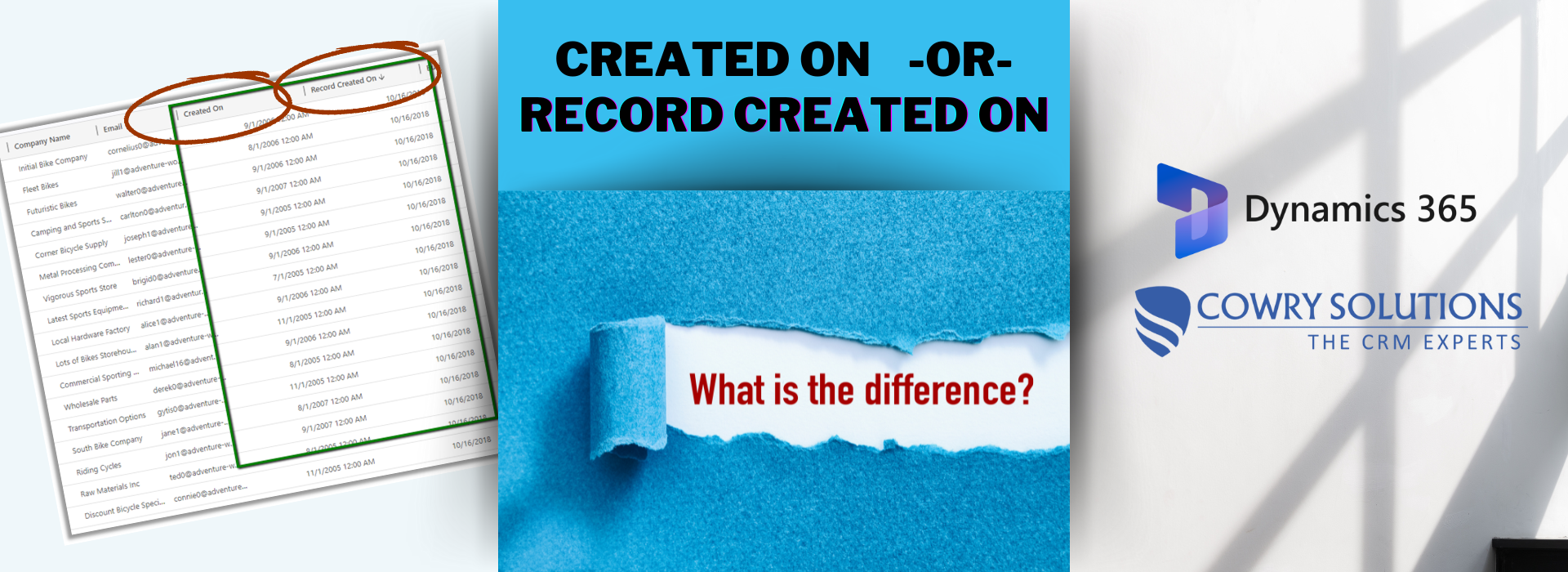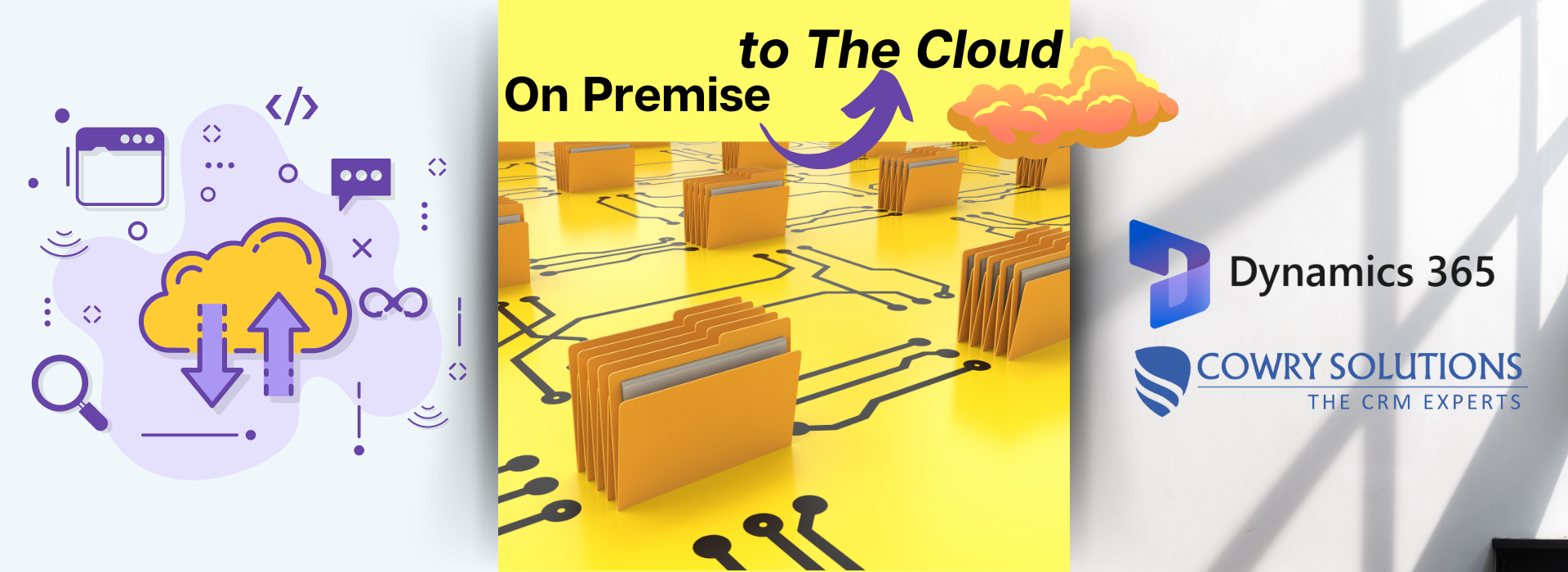
An introduction from our Managing Director, Nigel Ridpath:
We’re delighted that Andrew Mennie, CEO at PrecisionPoint Software, has written this informative guest blog post for us on reporting and analytics. Cowry Solutions partners with PrecisionPoint in the area of Business Central analytics and we have a very exciting joint announcement coming up soon. If you don’t already, follow our LinkedIn page, so that you’ll get the news as it lands.
In the meantime, take a few minutes out and have a read of Andrew’s post.
~Nigel
BLOG:
I already have Reports, why do I need Data warehousing?
Your excuse for thinking that Business Intelligence, data analysis and reporting are all one and the same. However, there are distinct demarcations between these commonly used words that help throw some light on your choices when it comes to gaining insight into your business, so that you can make impactful decisions.
Traditional ERP reporting for instance, direct from the application, gives you the factual data in a list; historical information or the here and now of a transaction or event. For instance, I sold 3 red ones in store A on Tuesday.
Data analytics is the slicing and dicing of that information to look at the information from all sides; for instance, I sold 2 more red ones on Tuesday than I did on Monday.
Business intelligence takes it to the next level, tracking and aggregating far more than a single source of data to provide actionable insight; red ones need to be at the front of the store on a Tuesday when it’s raining.
For most operational reporting requirements, modern cloud-based ERPs, like Dynamics Business Central have many useful inbuilt reports, surfacing standard day to day transactional information. Combined with the powerful graphics of Microsoft Power BI, these reports may be all that is required, and are often sufficient in a small business.
For more data driven businesses requiring analytics, some partners can offer extended reports within the ERP, often providing more insight to a particular business function; sales, finance, purchasing, etc.

These reports are really useful and pay back quickly but operational reporting in general doesn’t allow for easy analysis of the detail that lies behind particular numbers, nor is it easy to compare performance of different areas of the business or different product lines or channels across time. Strategic decision-making and financial analysis can require trusted data from many sources (even outside the ERP), drawing significantly on the time and effort of key staff and expensive expertise on an ongoing basis. Even before the current challenges of a global pandemic, business owners and leaders could ill-afford to wait many days or weeks to analysis opportunities or issues on data that may have required manual manipulation.
Most companies we talk to have built up their reporting and analytics over many years. It is common place to find businesses spending 2 weeks of every month importing the data into Excel and manipulating it to arrive at the information and actionable insight they need. They surely never intended for things to get complex and before talking solutions and products, it is worth saying that before diving in, you should ask yourself what questions you as a business need to ask of yourselves.
We have many examples of when using a data warehouse, that same customer that was spending 2 weeks per month on spreadsheet manipulation, simply needs to press “refresh” to get the depth of visibility required, all automated against a trusted data source.
A data warehouse is a key component of BI as it can pool data from multiple sources and functions, within and outside the ERP. For a business that wants to control its own data, it gives flexibility and power to the user. It simplifies the discovery of trends and patterns, as it enables you to view this years’ or seasons’ numbers versus history, budgets or forecasts or to analyse the performance of any part of the business, eg. by product, region, outlet etc.
You don’t make far reaching business decisions based on what happened an hour ago in one part of the business without looking first at the bigger picture, and you’d probably rather automate reporting from trusted sources than tie up expensive resources in the preparation of it.

A further benefit of a data warehouse is in the governance of data, the ability to have a single accurate source of up to date information and to control the access of that. A great benefit to IT and an enabler of true “self-service”, an opportunity to build reports across the business that everyone can trust.
A business may need many tiers of reporting and analysis as it grows and changes to compete successfully. Operational reporting allows business users to complete their everyday tasks easily and efficiently, one of the reasons you’ve invested in a first class ERP, whereas business intelligence solutions help organizations improve their competitiveness over time. Combined with a front end dashboard, like Power BI, reports can be built from a data warehouse to give an executive snapshot of the business, highlighting problems that fall outside of thresholds and norms, and the ability to drill down to the underlying data to really understand the health and trends in the business.
Want to know how to optimize Microsoft Dynamics 365 CRM for your business?

Sales Transformation with AI: From Chaos to Clarity

Microsoft Government Community Cloud – GCC Explained

‘Record Created On’ vs ‘Created On’ date fields??

Dynamics CRM Migration from On Premise to the Cloud

Setting up Users in Dynamics 365 Sales
The Sales Process in Dynamics 365 Sales

Top 7 Dynamics 365 Customer Success Strategies


